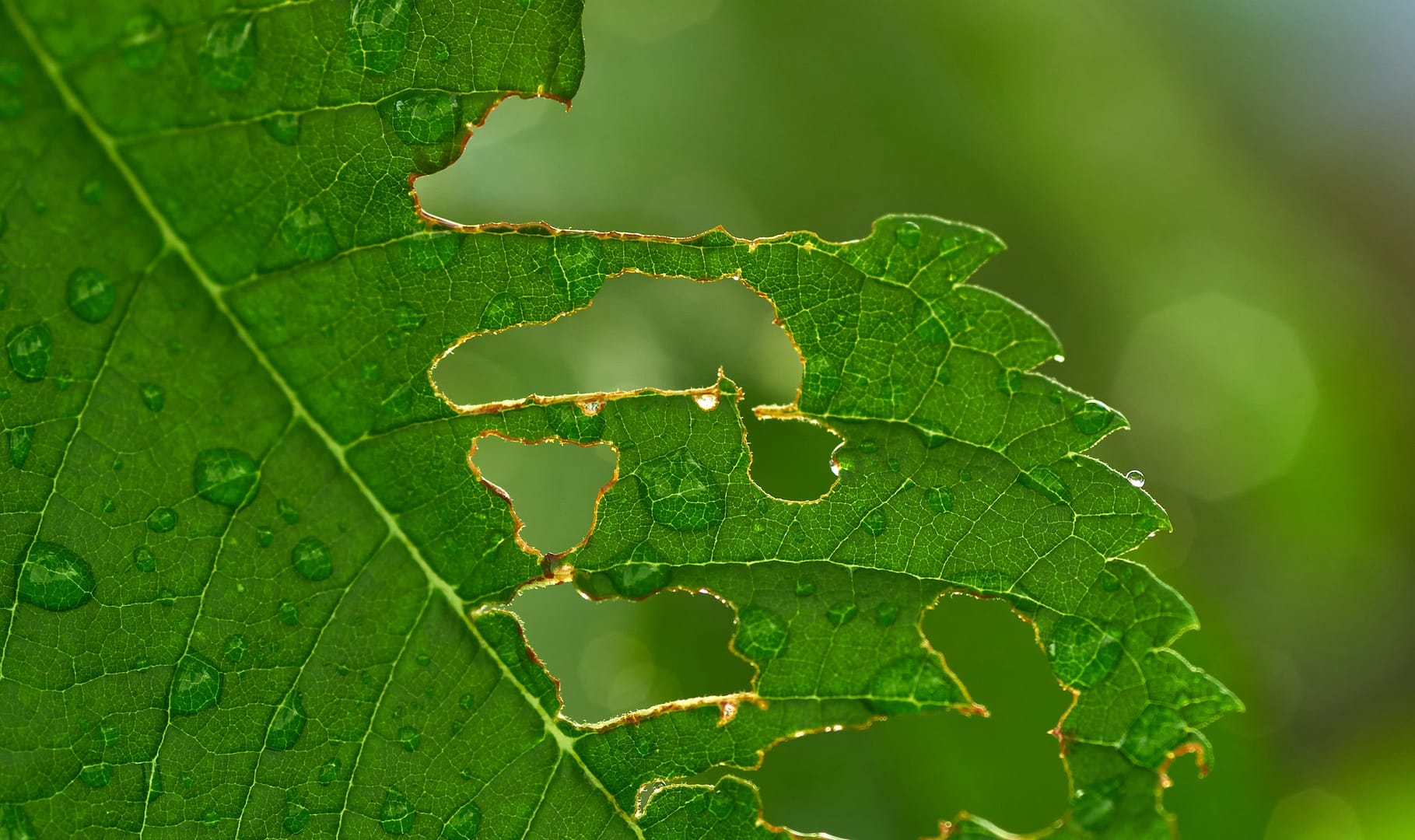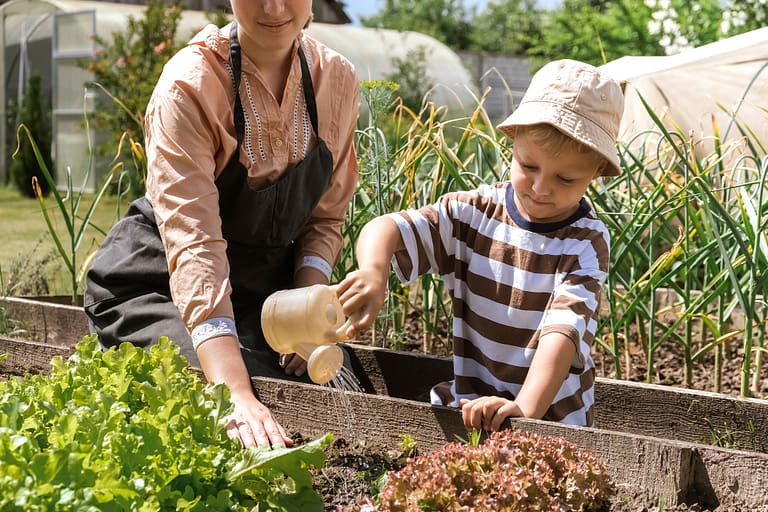Dallas Garden Pest Control
Are you in need of effective pest control for your Dallas garden?
Dallas Garden Pest Control provides expert solutions to eliminate various pests from your garden, such as aphids, cutworms, Japanese beetles, and caterpillars.
They use trap crops, mineral-based pesticides, and other eco-friendly methods to control pests while protecting beneficial insects.
Their Integrated Pest Management (IPM) strategies minimize risks to you and the environment, ensuring that your garden remains pest-free without compromising safety.
Key Takeaways
Looking for pest control for your Dallas garden? Dallas Garden Pest Control offers expert solutions to get rid of pests like aphids, cutworms, Japanese beetles, and caterpillars. They use trap crops, mineral-based pesticides, and other eco-friendly methods to control pests while protecting beneficial insects. With their Integrated Pest Management (IPM) strategies, they minimize risks to you and the environment, ensuring that your garden remains pest-free without compromising safety. For instance, they might recommend using neem oil to deter aphids while attracting ladybugs to help control the population naturally.
Common Garden Pests in Dallas
Dealing with common garden pests in Dallas requires proactive identification and addressing of specific threats. Some of the common pests in Dallas include aphids, cutworms, pillbugs, sowbugs, Japanese beetles, and scales.
One common pest is aphids, which cause plant diseases by sucking sap. Aphids can be controlled with insecticidal soap or neem oil.
Another pest to watch out for is cutworms, which feed on plants at night. To combat cutworms, consider using collars around seedlings or applying insecticide.
Pillbugs and sowbugs are pests that target fruits and vegetables. These pests can be managed by reducing moisture and using barriers to keep them away from your plants.
Japanese beetles, recognizable by their metallic shades, can also be a problem. They can be controlled using traps and handpicking.
Lastly, scales are pests that are detrimental due to their sap-sucking habits. They can be removed with soapy water or dormant oil sprays.
Implementing these pest control methods effectively protects your garden from these common threats in Dallas.
Now, let's delve into additional eco-friendly pest management strategies.
Eco-Friendly Pest Management Methods
When managing garden pests in Dallas, it's important to use eco-friendly methods to minimize risks to people and the environment.
Integrated Pest Management (IPM) is a strategic approach that combines various eco-friendly techniques to control pests. This method involves carefully monitoring pest populations and implementing control measures only when necessary.
For instance, you can effectively manage aphids by using horticultural oil, insecticidal soap, and neem oil without harming beneficial insects.
To control cutworms, shallow soil cultivation and handpicking can be environmentally friendly methods.
Managing pillbugs and sowbugs involves reducing excess moisture and harvesting produce before it rots.
When dealing with Japanese beetles, consider using beneficial nematodes or milky spores to combat grubs, allowing natural methods to establish in the soil.
Natural Pest Control Solutions
Dealing with pests in your Dallas garden can be a challenge, but natural pest control solutions can be quite effective. You can use organic pest deterrents like horticultural oil, insecticidal soap, or neem oil to manage aphids without resorting to harmful chemicals.
Additionally, employing beneficial insect allies, homemade pest sprays, and other natural methods can help you control and deter various pests in your garden. For example, attracting ladybugs to your garden can help keep aphid populations in check.
These natural solutions not only protect your plants but also contribute to a healthier and more sustainable garden environment.
Organic Pest Deterrents
If you want to keep pests away from your Dallas garden, consider using natural pest control solutions. Diatomaceous earth is one such solution. It's an organic pest deterrent that can effectively manage pests like ants, cockroaches, and fleas without harming the environment. This natural insecticide works by dehydrating and desiccating insects. It's important to apply diatomaceous earth in dry conditions for it to work best.
The great thing about this pest control solution is that it's safe for pets and children, offering a non-toxic alternative to chemical pesticides. By using organic pest deterrents like diatomaceous earth, you can manage pests in your Dallas garden effectively while also prioritizing safety and environmental sustainability.
Now, let's discuss the importance of beneficial insect allies in maintaining a healthy garden ecosystem.
Beneficial Insect Allies
In your Dallas garden, beneficial insects like lady beetles, praying mantises, and assassin bugs can help naturally control pests. Integrated Pest Management (IPM) focuses on using these helpful insects to reduce risks to people and the environment.
You can attract flying insects away from your desired crops by planting trap crops, which also helps protect beneficial insects.
When considering pesticides, choose Bacillus thuringiensis, an organic option that effectively controls caterpillars while preserving helpful insects. Neem oil can also be strategically applied to limit pest populations and protect beneficial insects.
Homemade Pest Sprays
If you want to keep pests away from your Dallas garden, consider making your own pest sprays. Homemade pest sprays are a natural way to control pests without harming beneficial insects.
For instance, you can use horticultural oil, insecticidal soap, or neem oil to create a homemade spray that keeps pests at bay while protecting beneficial insects. Neem oil, in particular, helps preserve beneficial insects while managing pests.
Another option is to make a spray using water, wheat flour, and buttermilk to effectively manage spider mites on your plant leaves. This non-toxic solution is safe for your garden.
Additionally, you can also consider using Diatomaceous Earth, a dry pest management product made from powdered algae, for added pest control. This product offers a safe and effective way to manage pests while ensuring the safety of beneficial insects in your garden.
Integrated Pest Management Techniques
When you're using integrated pest management techniques in your garden, it's essential to think about natural ways to control pests and sustainable pest management strategies.
You can prevent infestations effectively by using cultural practices and planting crops with genetic resistance to pests and disease.
Also, by keeping an eye on pests and correctly identifying them, you can decide when to take action, making sure to use the most effective and least risky pest controls.
For instance, you might consider using insecticidal soaps or neem oil to control aphids on your roses. These products are effective and have low environmental impact.
Natural Pest Control Methods
When it comes to managing pests in your garden, using natural methods is essential for keeping the environment safe and conserving beneficial insects. Integrated pest management techniques can help achieve this goal effectively.
One way to control pests naturally is by using trap crops. These crops divert pests away from your desired plants and attract flying insects that avoid bare soil. It's also beneficial to plant trap crops before other crops when pests are likely to invade.
Another natural approach is to consider mineral-based pesticides that are made from naturally occurring minerals. For instance, sulfur-based insecticides can effectively control certain pests while minimizing skin and eye irritation.
Incorporating natural pest control methods like diatomaceous earth, neem oil, and Bacillus thuringiensis into your pest management strategy can help conserve beneficial insects while effectively controlling pests.
These methods not only help in pest control but also prioritize the safety of your garden and the environment by minimizing the use of harmful chemicals.
Sustainable Pest Management Strategies
To effectively control pests in your Dallas garden while minimizing risks to people and the environment, use an integrated pest management (IPM) approach. Sustainable pest management strategies aim to prevent pest issues through cultural practices and using plants with genetic resistance. You can also incorporate trap crops to divert pests away from desired plants, allowing them to escape and preserving your produce.
Consider using mineral-based pesticides like sulfur-based insecticides as part of your IPM strategy, targeting specific pests on suitable crops while minimizing impact on non-target organisms. Organic pesticides such as Bacillus thuringiensis, a natural bacteria, are also suitable for IPM, effectively controlling caterpillars while conserving beneficial insects.
By integrating these sustainable pest management strategies, you can effectively control pests in your Dallas garden while ensuring the safety of people and the environment.
Next, let's explore 'organic pest control for Dallas gardens'.
Organic Pest Control for Dallas Gardens
When dealing with garden pests in Dallas, it's important to focus on using natural methods for pest control. Non-toxic solutions like horticultural oil, insecticidal soap, and neem oil are effective in keeping pests at bay while also being safe for your garden.
For instance, when facing aphids, consider introducing ladybugs, lacewings, or parasitic wasps, which naturally prey on aphids. You can also attract beneficial insects by cultivating a diverse range of plants in your garden.
To protect your young plants from cutworms, you can use barriers like cardboard collars.
Effective Pest Control Measures
To effectively control garden pests in Dallas, it's important to take proactive measures. There are various methods to consider.
For instance, to manage aphids, you can use horticultural oil, insecticidal soap, or neem oil.
Another approach is to handpick or cultivate the soil to remove cutworms, and control moisture to deter pillbugs and sowbugs.
When it comes to Japanese beetles, options include pesticide sprays, floating row covers, beneficial nematodes, or milky spores.
For spider mites, you can introduce predatory insects or use a homemade spray, ensuring to cover both upper and lower plant surfaces.
Frequently Asked Questions
How Do I Get Rid of Pests in My Garden Bed?
If you want to eliminate pests from your garden bed, you can use natural remedies such as horticultural oil, insecticidal soap, and neem oil to get rid of aphids. You can also pick off cutworms by hand, manage moisture to prevent pillbugs and sowbugs, and address Japanese beetles with pesticide sprays or beneficial nematodes. These methods are effective and help maintain a healthy garden. For instance, neem oil works well against aphids, and beneficial nematodes are recommended for controlling Japanese beetles. By taking these steps, you can protect your plants from pest damage and ensure a thriving garden.
How Much Is a Pest Control Service?
Pest control costs vary depending on the type of pest and the level of infestation. On average, monthly services cost around $39.15. For specific treatments like ant control, the average cost is $278. It's important to consider these factors when budgeting for pest control services. For example, if you're dealing with a severe ant infestation, investing in professional ant control may be necessary to effectively address the problem.
How Do I Control Bugs in My Garden?
Controlling bugs in your garden is important for maintaining the health of your plants. You can use natural remedies like horticultural oil, insecticidal soap, and neem oil to keep bugs at bay. Additionally, hand removal, shallow soil cultivation, and eliminating excess moisture are effective methods. If the infestation is severe, consider using pesticide sprays, but make sure to use them sparingly and responsibly. You can also use row covers, beneficial nematodes, and milky spores as preventive measures. Regularly scrubbing plants with soapy water and applying dormant oil sprays during the appropriate season can also help manage bug populations. Remember, a combination of these methods and monitoring your garden regularly is the key to successful bug control.
What Is the Hardest Household Pest to Get Rid Of?
Wondering which household pest is the most challenging to deal with? Spider mites are notorious for their resilience, making them a real nuisance. These tiny pests can be quite difficult to eradicate.







